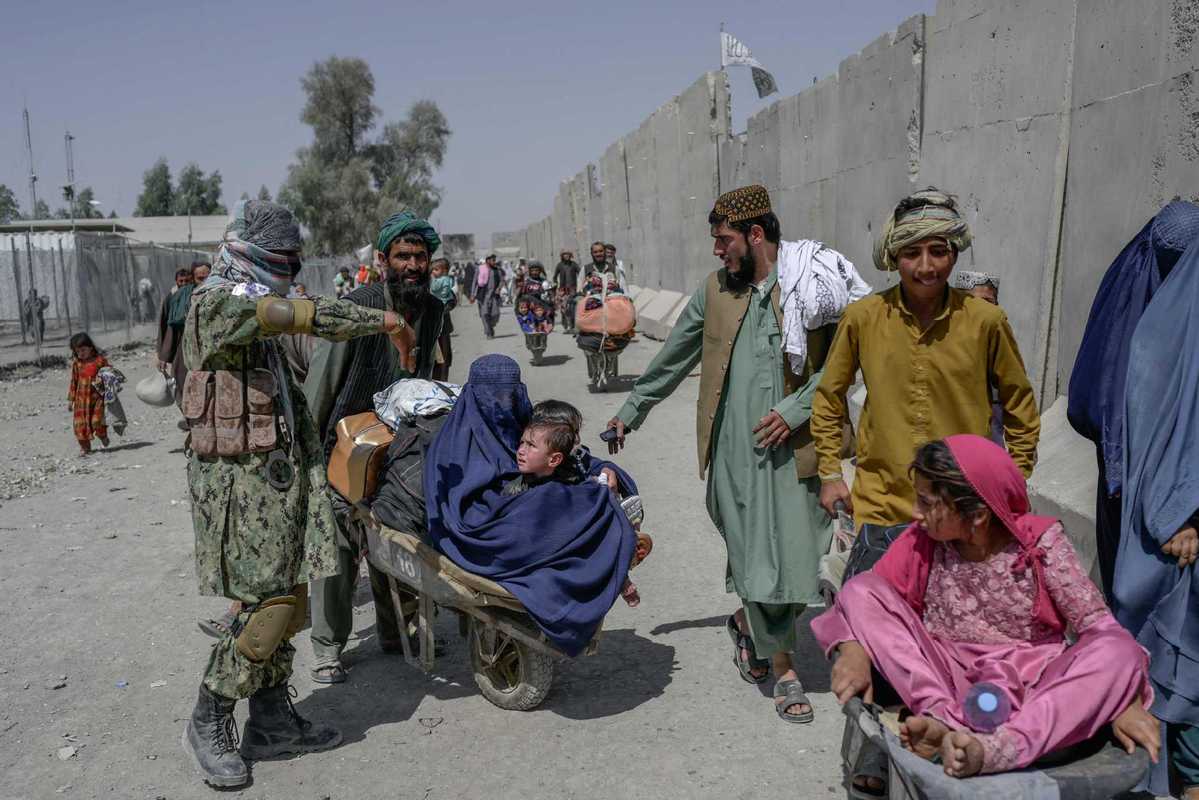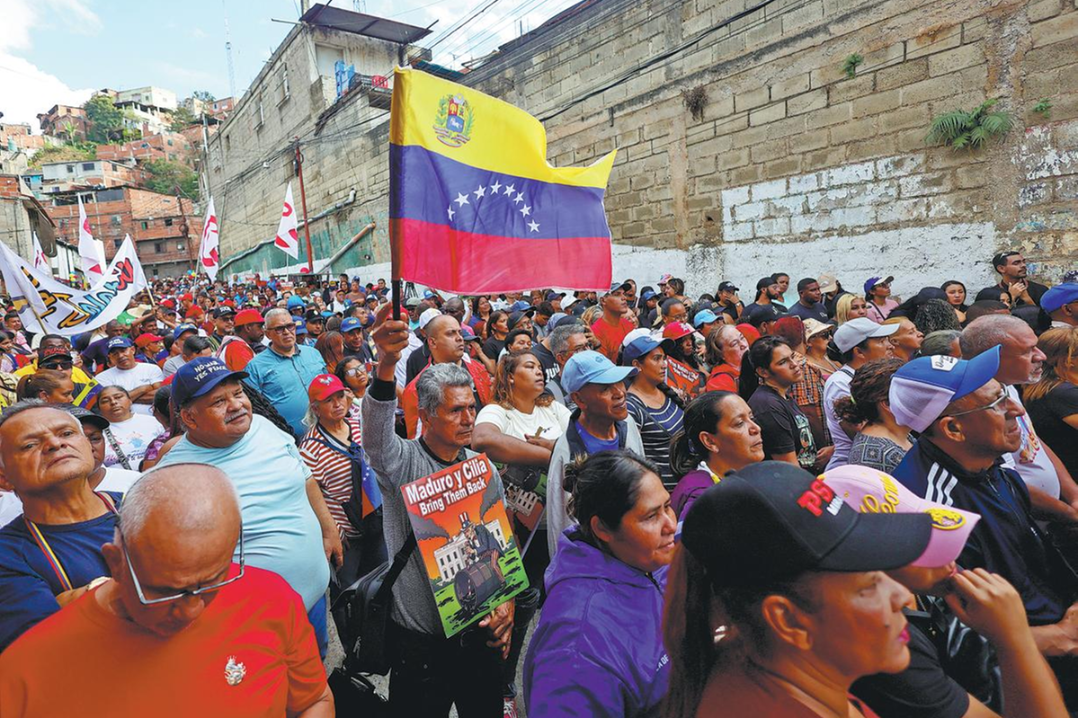Afghan mosque explosions leave heavy casualties


KANDAHAR, Afghanistan-Blasts tore through a mosque in the southern Afghan city of Kandahar during Friday prayers, killing at least 37 people and injuring more than 70.
The cause of the explosions was not immediately clear, but they came a week after a suicide attack on Shiite worshippers at a mosque in the northern city of Kunduz, which the Islamic State group claimed responsibility for.
By press time, health officials had given figures of 37 dead and 74 wounded and said the final death tally could be higher.
The mosque's Facebook account made an appeal for blood donations.
Eyewitnesses said there were four suicide attackers and two of them blew themselves up at the entrance to the mosque with the two others detonating their devices inside the building.
A man said he heard three explosions, one at the main door of the mosque, another at a southern area, and a third where worshippers wash before their prayers.
"We are saddened to learn that an explosion took place in a mosque of the Shiite brotherhood in the first district of Kandahar city in which a number of our compatriots were martyred and wounded," said Afghan Interior Ministry spokesman Qari Sayed Khosti on social media.
"Special forces of the Islamic Emirate have arrived in the area to determine the nature of the incident and bring the perpetrators to justice."
Graphic images posted on social media, which could not be immediately verified, showed bodies lying on the floor of the Fatemieh mosque.
Iran, the region's largest Shiite power, condemned the attack. "We hope Taliban leaders take decisive action against these wicked terrorist incidents," it said in a statement.
Last week, an Islamic State-Khorasan, or IS-K, suicide bomber targeted a Shiite mosque in Kunduz, killing scores of people.
The group, a bitter rival of fellow Sunni Islamist movement the Taliban, claimed responsibility for the attacks against Shiite worshippers, whom it regards as heretics.
The Taliban seized control of Afghanistan in August after overthrowing the West-backed government. Since then, they have vowed to stabilize the country and promised to protect the Shiite minority.
Shiites make up roughly 10 percent of the Afghan population. Many of them are Hazara, an ethnic group that has been persecuted in Afghanistan for decades.
In October 2017, an IS suicide attacker struck a Shiite mosque in the west of Kabul, killing 56 people and wounding 55.

































